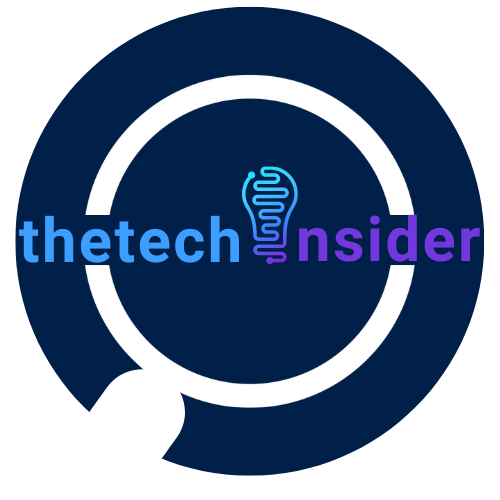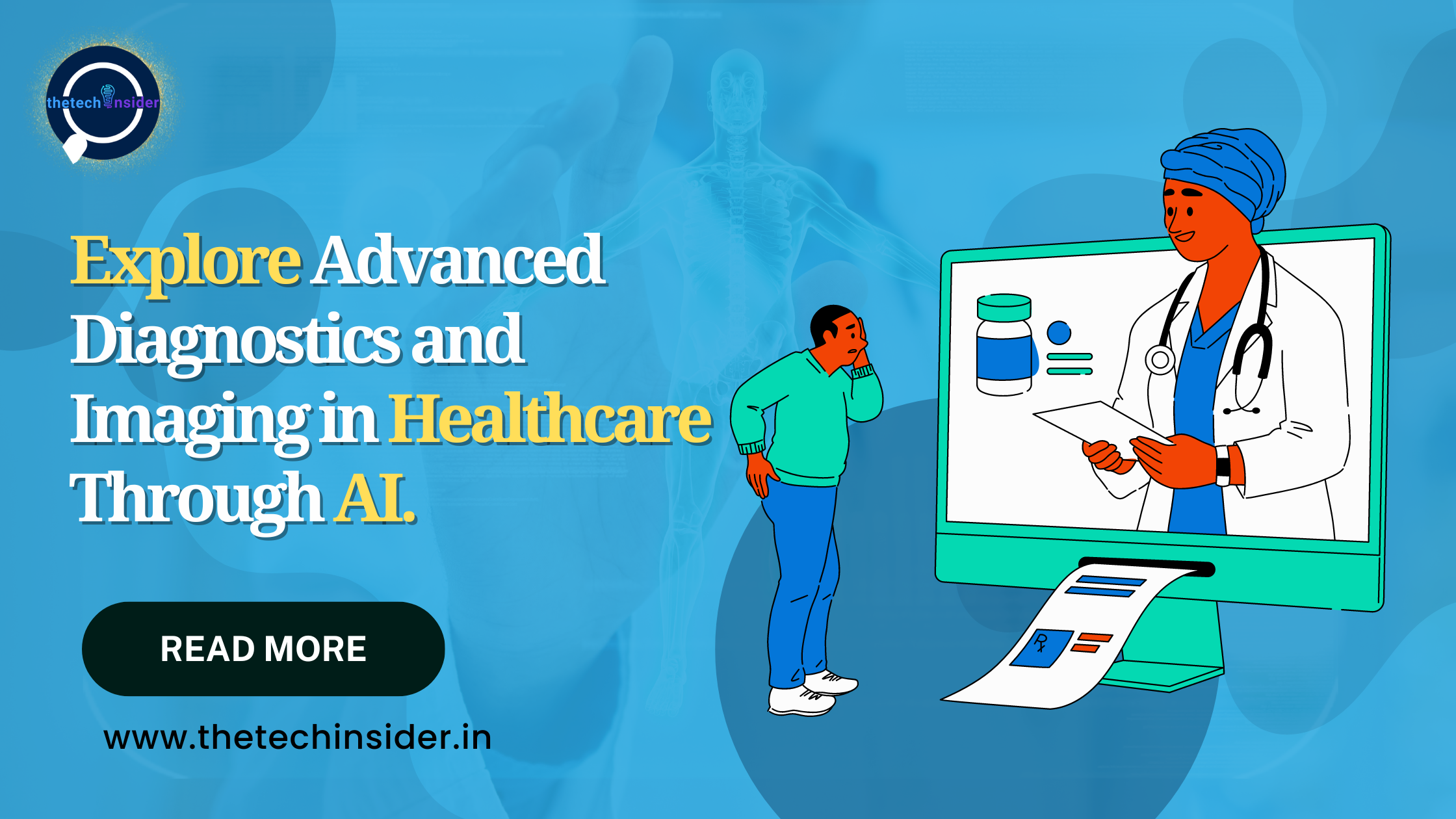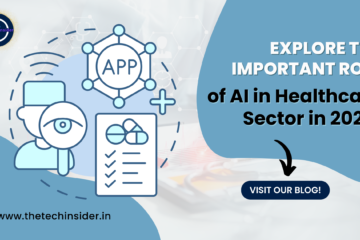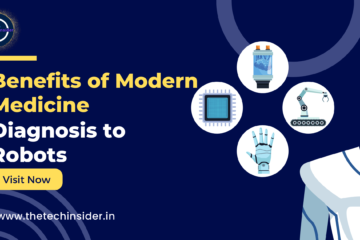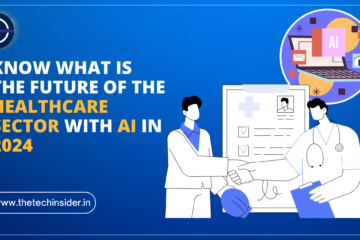Imagine a time where disease diagnosis is more rapid, precise, and even predictive, where medical professionals can now more effectively tailor treatment strategies than ever before thanks to data gained from sophisticated testing. This is not science fiction; rather, artificial intelligence (AI) is enabling the reality that is developing in healthcare.
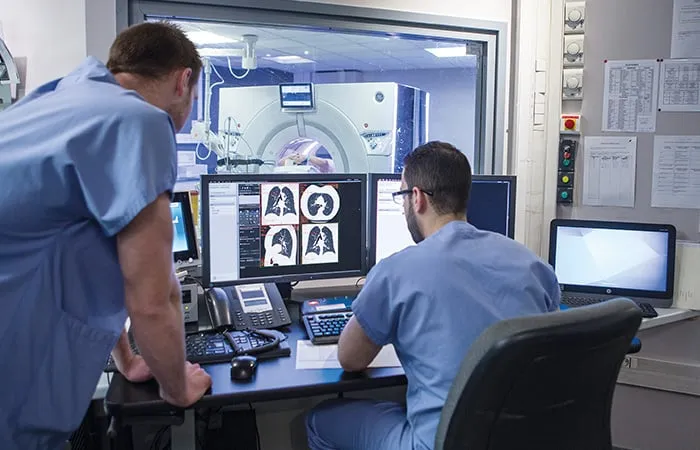
AI is transforming the medical field, particularly in the area of advanced diagnostics. With the use of this potent technology, medical imaging, genetic analysis, and disease identification are all becoming more possible, promising better outcomes for both patients and medical professionals in the future.
However, precisely how is AI changing advanced diagnostics? Let us investigate these important issues in more detail.
Table of Contents
Enhanced Medical Imaging
With previously unheard-of precision, AI algorithms are able to interpret medical images such as MRIs, CT scans, and X-rays. They are able to:
- Find minute irregularities that the human eye might overlook, which could result in an earlier diagnosis and improved treatment results.
- Increase the accuracy of illness severity assessments to support individualized treatment strategies.
- Forecast the course of specific illnesses to allow for preemptive measures.
Unlocking the Power of Genetic Data
Numerous genetic data sets can be analyzed by AI in order to:
- Determine the genetic mutations associated with particular diseases to enable tailored therapy.
- Estimate a person’s own risk factors for contracting specific diseases so that preventive actions can be taken.
- Create individualized treatment plans based on each patient’s distinct genetic profile.
Early Disease Detection
Wearables, test reports, and medical records are just a few of the data sets that AI algorithms can examine:
- Prior to symptoms even emerging, they can recognize early warning indicators of the illness to allow for early intervention and a better prognosis.
- Forecast pandemics and disease outbreaks to improve public health preparation and alert officials in time.
- Customize screening initiatives according to your risk factors.
The Benefits of AI in Advanced Diagnostics
AI has a significant impact on advanced diagnostics and holds out hope for a better future for patients and doctors alike. AI’s analytical skills enable faster and more accurate diagnosis, which opens the door to quicker treatment and better patient outcomes. Additionally, this technology opens the door to customized medicine, which increases the efficacy of treatment approaches by customizing them to each patient’s own genetic and clinical profile.
Another AI ability that boosts survival rates is early disease detection, which increases the likelihood of a successful course of treatment. Because of the advantages of early detection and individualized medicine, AI has the potential to save healthcare expenses in the long run, in addition to saving lives. To put it briefly, AI is changing advanced diagnostics and promising a future of faster, more precise, more personalized, and hence more effective healthcare.
AI in Action
- Diagnosis of Fasting-Glucose Diabetes:
AI algorithms are being developed to evaluate blood test data and reliably identify pre-diabetes, enabling diabetes prevention and early intervention. - Cancer detection:
AI is being used to evaluate mammograms and other scans to more accurately identify early indications of cancer, which will increase survival rates. - AI systems can evaluate patient data and forecast the likelihood of sepsis, a potentially fatal illness, which enables earlier intervention and better results.
The Future of AI & Advanced Diagnostics
AI technology’s influence on advanced diagnostics will only increase as it develops further. What to anticipate is:
- more refined AI algorithms with much greater capacity for prediction and accuracy.
- increased use of AI-powered diagnostic tools across a range of healthcare environments.
- creation of customized treatment based on a more thorough comprehension of each person’s biology.
- better public health results as a result of early illness detection and prevention.
Last, but Not The Least
AI is empowering medical practitioners rather than dispensing with them. AI is assisting medical professionals in giving their patients more accurate, tailored, and efficient care by offering practical diagnostic tools and insights. Better patient outcomes, lower healthcare costs, and a more promising future for everybody are the results of this.
Recall that “Advanced Diagnostics with AI” holds the secret to opening this next chapter as we accept the developments and go along on the path to an AI-powered, healthier, and more independent future.
Keep an eye out for our upcoming blog article at The Tech Insider for more such insightful AI-powered tools and how they actually affect the real world!
